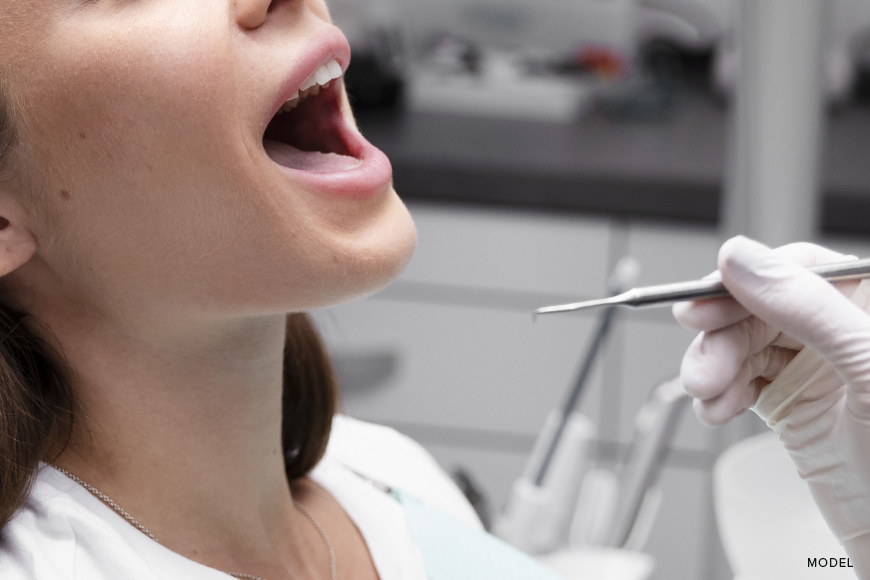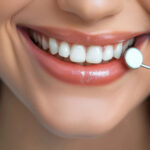Recovering from dental implant surgery is a crucial phase in your journey to restoring your smile and oral function. Understanding the recovery process is essential for a smooth and successful outcome. In this article, we will guide you through the dental implants recovery process, providing valuable information and helpful tips to ensure optimal healing and a speedy recovery.

Recommended Article:
Dental Implants in Madison, NJ
Discover the long-term benefits of dental implants, a reliable and natural-looking solution for replacing missing teeth. Learn about the surgical procedure, recovery process, and how implants improve chewing, speech, and overall dental health. Explore options and read success stories to see how dental implants can restore your smile and boost your confidence.
Dental Implants Recovery
After your dental implant surgery, it is normal to experience some discomfort, swelling, and minor bleeding. Here are some essential tips to manage your immediate post-surgery care:
- Take prescribed pain medications as directed by your oral surgeon to alleviate any discomfort.
- Apply an ice pack to the affected area to reduce swelling. Use it for 10-15 minutes at a time, with breaks in between.
- Avoid touching or disturbing the surgical site to prevent infection or complications.
- Stick to a soft diet and avoid chewing on the implant site to promote healing.
Managing Discomfort and Swelling
Discomfort and swelling are common after dental implant surgery. Here are some strategies to manage these symptoms effectively:
- Take over-the-counter pain relievers, such as ibuprofen, as recommended by your dentist or oral surgeon.
- Rinse your mouth gently with warm saltwater solution multiple times a day to reduce swelling and promote healing.
- Avoid strenuous activities and get plenty of rest to aid the recovery process.
- Elevate your head while sleeping to help minimize swelling.
Oral Hygiene
Maintaining proper oral hygiene is crucial for successful dental implant recovery. Follow these guidelines:
- Brush your teeth gently using a soft-bristle toothbrush. Be cautious around the surgical area to avoid irritation.
- Use an antimicrobial mouthwash recommended by your oral surgeon to keep the surgical site clean and free from bacteria.
- Avoid rinsing or spitting forcefully for the first 24 hours after surgery to prevent dislodging the blood clot and disturbing the healing process.
- Follow your dentist’s instructions regarding when to resume regular brushing and flossing.
Dietary Considerations
During the initial stages of recovery, it is important to consume a soft and nutritious diet. Here are some dietary considerations:
- Stick to soft foods such as yogurt, mashed potatoes, soups, smoothies, and cooked vegetables.
- Avoid hot and spicy foods that might irritate the surgical site.
- Stay hydrated by drinking plenty of water and avoiding alcoholic and carbonated beverages.
- Gradually reintroduce solid foods as advised by your oral surgeon.
Follow-up Appointments
Regular follow-up appointments with your dentist or oral surgeon are crucial for monitoring your dental implants recovery progress. These appointments allow your dental professional to assess the healing process and make any necessary adjustments or recommendations.
Book a Consultation Today!
Are you ready to regain your smile and oral function with dental implants recovery? Don’t wait any longer! Book a consultation with our experienced dental professionals today and take the first step towards a confident smile.




